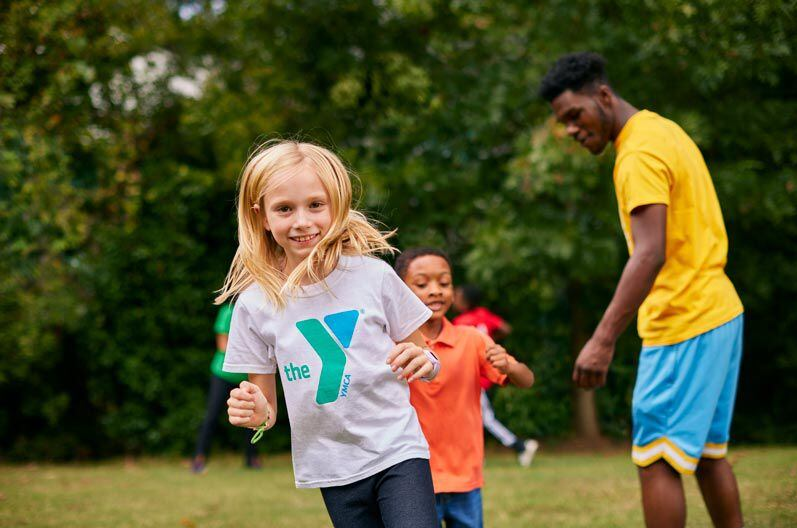Kids often learn to become more independent when away from home at camp. Making their breakfast, choosing what to wear, and working with new people without parental supervision can boost confidence.
Summer camps also help children interact with peers from different backgrounds, promoting empathy and open-mindedness. In addition, many summer camp programs emphasize forming and rekindling friendships.
Unplugging from Television
Children who unplug from TV are likelier to practice empathy, which is important for healthy social development. They also develop better face-to-face communication skills and can better interpret nonverbal cues in conversations when they don’t have a television on as background noise.
Kids learn to cook, care for animals, build things, and play strategic board games without a screen. All of these activities help to strengthen cognitive abilities and foster problem-solving skills. They can also practice navigating social situations and solving interpersonal conflicts in safe environments.
Whether they attend sleepaway or day camp, summer camp West Chester PA, allows kids to experience a healthy separation from their parents and become more independent. This newfound independence fosters confidence in their ability to take on challenges and cultivates decision-making and leadership skills.
Making New Friends
Kids spend much time at camp with each other, talking, playing games, and sharing activities. They learn to work together and build friendships with kids they may not otherwise interact with during the school year.
For many kids, summer camp is their first opportunity to meet people outside their neighborhood or school. They may need more experience talking to new people or figuring out appropriate levels of self-disclosure. They also learn respect for those with different backgrounds and experiences.
Nothing opens the door to friendship more than common interests. At summer camp, kids bond over their love of nature, technology, theater or any other passion. Then, they can keep up with each other’s progress and discuss their experiences during the off-season. Camp staff ensure that each child feels included and welcome, even if they wait to connect with every person in their cabin group immediately. This is a great way to practice social skills and create long-lasting friendships that last well beyond the end of summer camp.
Getting Outside
Many summer camps offer a variety of outdoor activities that help kids learn to appreciate nature and develop observational skills as they walk through the woods or play on a playground. This teaches children that there’s more to the natural world than what can be found inside their homes and classrooms, encouraging them to explore outside more often.
By unplugging technology and engaging with the outdoors, kids also have a chance to practice taking risks in a safe environment. Whether climbing a high-ropes course or putting on a talent show, these opportunities give kids confidence in their abilities while developing their decision-making skills and ability to follow directions.
In addition, getting outside encourages a healthier lifestyle and helps kids develop healthy habits, such as eating nutritious foods. You can promote outdoor play at home by bringing educational toys and materials outdoors, such as board games or a science experiment. You can also encourage new interests by letting kids start an indoor collection of rocks or taking them on a neighborhood walking trail where they’re more likely to discover flora and fauna they’re interested in.
Unplugging from electronics
At summer camp, kids can unplug from electronic devices and focus on socializing with peers, building new friendships, and trying out activities they don’t experience at home. While they may groan when you ask them to put their phones away, they’ll likely have a blast when they can engage in real-life activities that thrill them!
Having to introduce themselves, interact with their bunk mates face-to-face, and participate in team-building activities without their screens present helps children develop communication skills. A recent study found that children disconnected from their technology at summer camps improve their ability to read non-verbal cues.
This is because they can better understand the emotions of those around them – and even their own. Please encourage your child to try a one–, two—, or three-day tech-free challenge and see how their mood improves when they aren’t glued to their phone!


